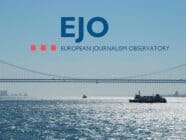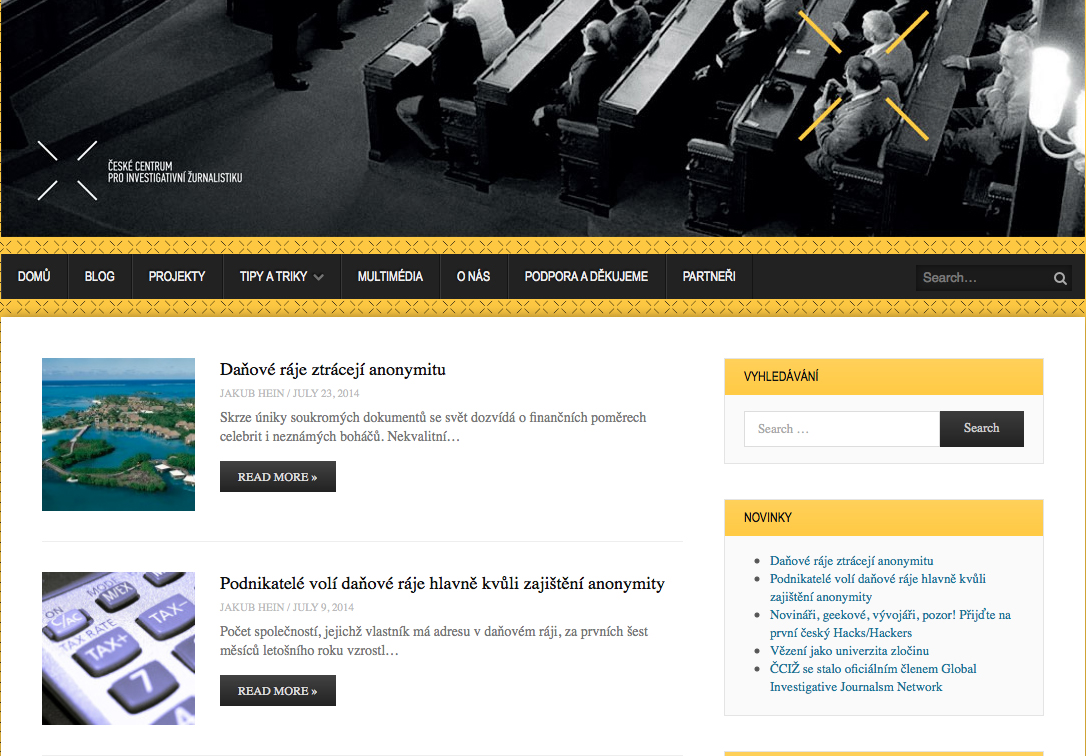In the case of Pakistan, seeing the development of the media industry there, especially the news industry, is really intriguing. In its 74 years of history after its independence in 1947, the country’s media consisted of only print media for around the first twenty years. Then for the next more than three decades there remained only one government news TV channel Pakistan Television (PTV). Only in the last two decades (2000-2020) has the country witnessed burgeoning private enterprise into the media industry. This shift has brought substantial shifts into the dynamics of news media in the country.
A Shift from Journalism to Business
Pakistani news media industry is predominantly occupied by the business sector since Ex-President of Pakistan Gen. Musharraf allowed private enterprises to enter electronic media in 2000. The issue has been highlighted by Hasseb ur Rehman Warrich and Muhammad Ashfaq, Assistant professors in the Department of Arts and Media at Foundation University, Islamabad, Pakistan in their study, ‘Conglomerates in Pakistani media industry: Exploring the effects of NonJournalistic ownership of Media companies’ (2020).
In the study, the authors examine the job of business elements in the Pakistani journalism. They indicate that with this initiative, businessmen with no journalism acumen entered the media industry with a business mind.
Compromised News Content
Due to Non journalistic affiliation with journalism as a profession, quality of news is compromised as well as the content. The interests of stakeholders are prioritised. The study points to the fact that running a TV channel is an expensive business. It requires a huge amount of money which businessmen invest in the media. So in this way they are in a win-win situation as they are earning from their media business while they have protection of their other businesses. Moreover, they pay huge salaries to their media representatives. This approach puts journalists’ credibility at stake as they have to follow the line of their managers. The study also refers to the statement of an anchor person according to which ‘a large amount of money will get the loyalty of a journalist’ (p. 156).
Hence, reporters and media persons have no control over the kind of content to get on air and there is a lot of misinformation, opinion and agenda-setting instead of a ‘real news’ in the news stories. The news media channels are compelled to serve the interests of the financiers and the news reporting gets immensely affected by their views. Hence, the basic purpose of media proliferation and its freedom in the interest of the public is compromised.
Loss of Journalism ethics and professionalism
The article (Warrich & Ashfaq, 2020) further elaborates that in the news industry, over the time, positive ideological differences have turned into business rivalries. The profession of journalism, reporting ethics, and quality professional activities have been compromised. Pakistani journalism has been affected so badly by the conglomerates which use their power and money to do things in their favour.
Fake Journalists
Non-journalist faces, hosts, investigators and media persons have become common in the field. These pseudo-journalists defame the profession by serving business tycoons and not the general public. And their number is increasing with time.
These fake journalists do not care about journalism as their focus is to obey orders given to them by the channel owners. This culture has made it hard for real journalists and reporters to survive and practice their profession. ‘In Pakistan media industry, genuine journalists have been working for quite a long time. But the transition in the media industry after 2002 has expanded and brought a lot of challenges for them. The working environment has changed from the past … proprietors direct their writers at every point about what to report, how to report and bring it to the public in whatever way they want’ (Warrich & Ashfaq, 2020, p.157-158).
Similar issues pertaining to loss of professionalism due to privatisation of media industry have been pointed out by Dr. Nazir Hussain (2012) in his article, ‘The role of media in Pakistan’. Some of the crucial issues rising up in the media industry can be summed up as follows:
Unskilled staff
Due to the sudden rise in the number of channels there was a sharp rise in the need of qualified staff to manage and run these news channels as reporters, anchor persons and technical staff. Some big companies attracted PTV’s experienced staff by offering them good positions and high remuneration but still there was dearth of experience and qualified staff. In order to run the affairs, young graduates of Mass Communication International Relations degrees were hired. That undermined the professionalism and experience required for the responsible task.
Breaking news Culture
Due to severe competition in the news media industry, various marketing techniques were employed. One of them is ‘Breaking News’ Culture which spreads sensationalism. Broadcasting news as it happens, without any prior editing, became a norm in order to be the first to report the event.
News anchors as celebrities/ authorities
The big media houses, besides offering huge salaries, also offer prime time coverage to their anchor persons. This initiative gives these popular anchors the status of an authority on the subject and a celebrity of the field. Hence, these prime time popular talk show hosts have become the agenda setters and instrumentals in forming the public opinion.
Conclusion
The aforementioned arguments lead us to deduce that the proliferation of private news media in Pakistan has affected the country’s social and political life immensely. News media being more of a competitive business enterprise now has lost many of its journalistic ethics and norms. Many times huge media giants manipulate political situations in their favour. At many instances media regulatory institutions and political powers manoeuvre news media industry for their political gains. There is an enormous need of bringing up a mechanism which ensures a conducive environment for genuine journalistic values of accuracy, fairness, impartiality and accountability.
Tags:english content, ethics of journalism, journalism, media in Pakistan, media ownership

















